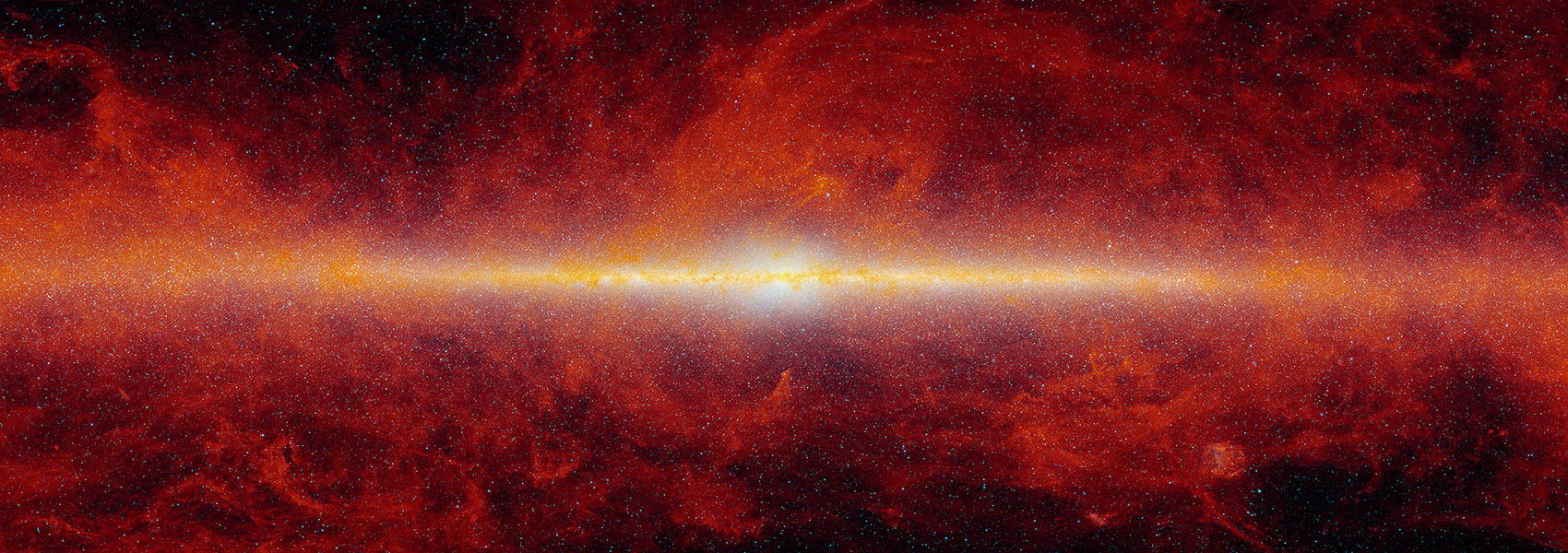
Avi Shporer (Caltech)
Title: Science with orbital phase curves in the space age Abstract: Advancements in the field of observational astronomy are usually limited by technological capabilities. In the current era technology has allowed for space-based surveys delivering a growing sample of high quality time series photometry. This has finally enabled the detailed study of variability along the orbital motion, or orbital phase, of stellar binaries and star-planet systems. These orbital modulations are induced by a combination of gravitational and atmospheric processes. Gravitational processes include the beaming effect (also known as Doppler boosting) and tidal ellipsoidal distortion, so the photometric light curve shape is sensitive to the companion’s mass and orbit’s shape. Atmospheric processes include reflection of light and thermal emission by the companion, making phase curves a tool for probing the companion’s atmosphere. Therefore, the study of phase curves has a high scientific potential, which we have only begun to explore in recent years. I will present the science I am doing with phase curves, including the mass measurement of companions to hot early-type stars (where the mass cannot be measured using radial velocities), the search for non-eclipsing systems, and the study of the companions’ atmosphere. Finally, I will briefly discuss the study of phase curves with current and future space-based surveys including K2, TESS, and PLATO.
- Date: September 30th, 2015
- Location: MR LCR


